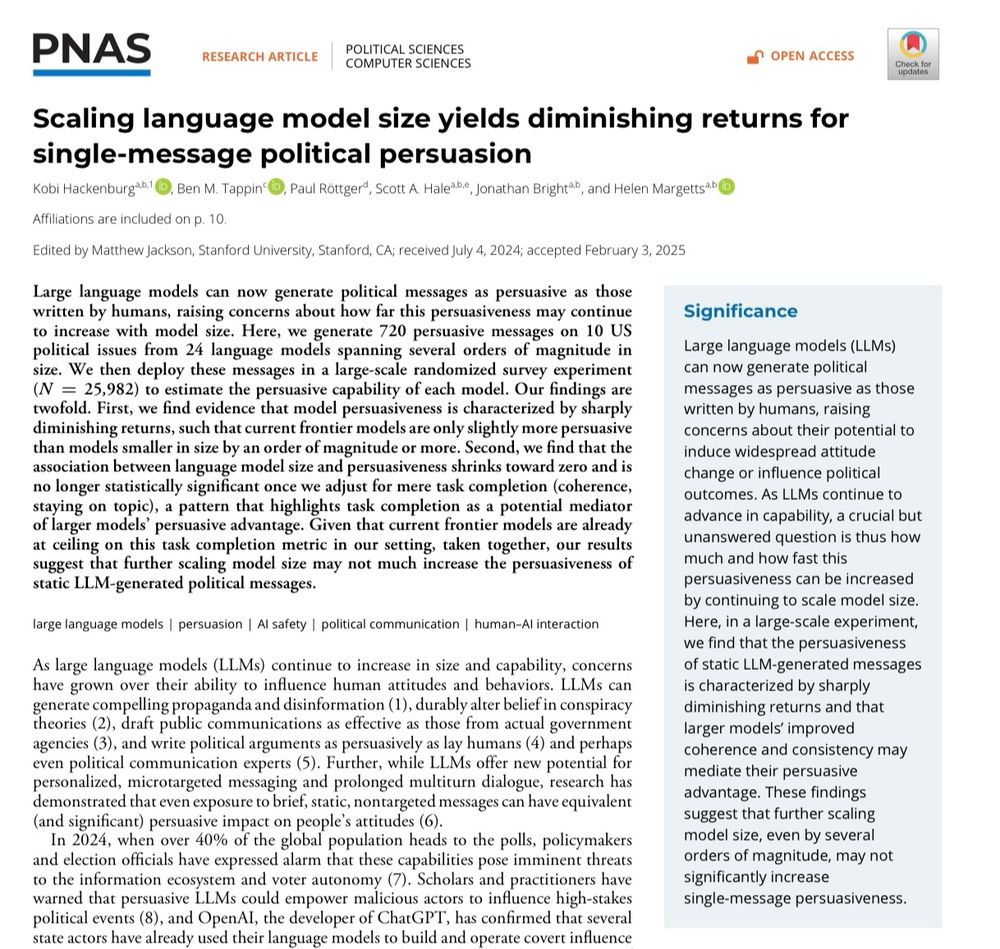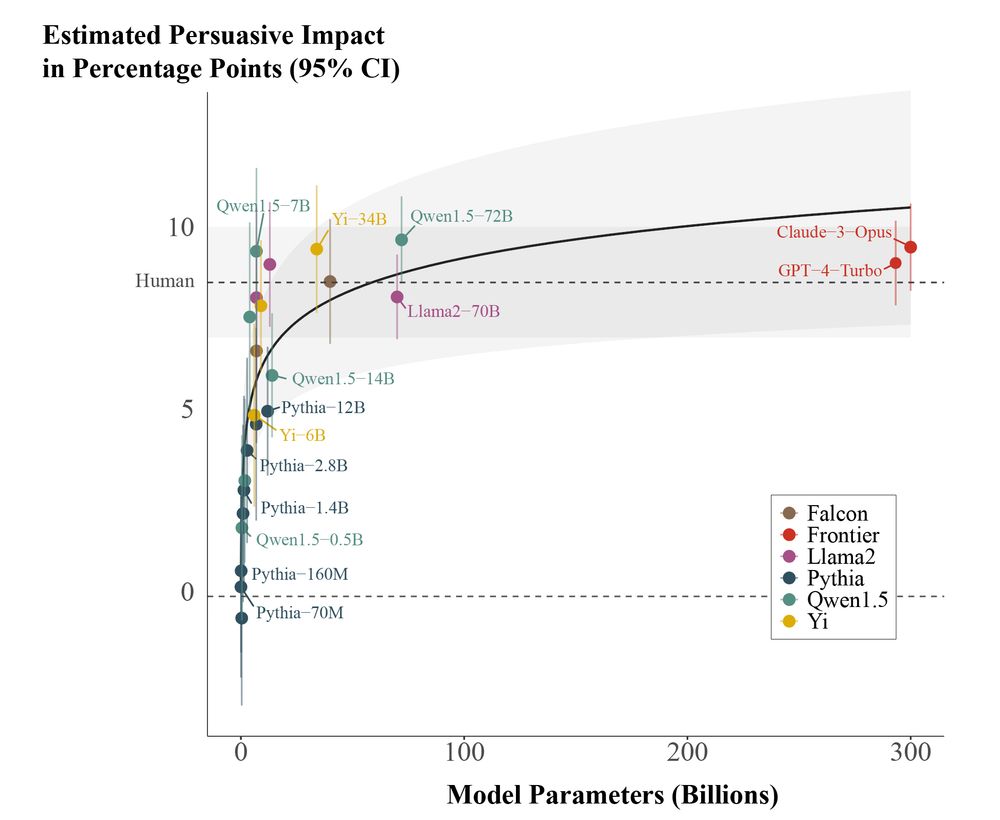Cameron Jones
@camrobjones.bsky.social
150 followers
140 following
41 posts
Postdoc in the Language and Cognition lab at UC San Diego. I’m interested in persuasion, deception, LLMs, and social intelligence.
Posts
Media
Videos
Starter Packs
Reposted by Cameron Jones
Reposted by Cameron Jones
Reposted by Cameron Jones
Kevin Lala
@kevinlala.bsky.social
· Feb 25
Reposted by Cameron Jones
Carl T. Bergstrom
@carlbergstrom.com
· Feb 22























